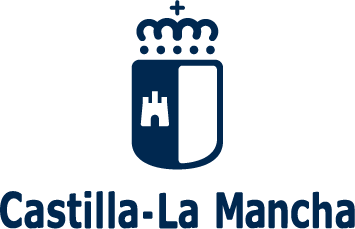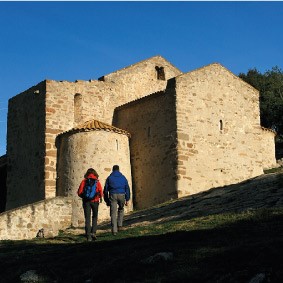The partners in the Redera+ project had their first meeting for the exchange of best practices on November 6th, 2020. Given the situation brought on by the COVID-19 pandemic, the education and training event was held online.
The opening address for the seminar was given by Nuria Berta Chust, Deputy Minister of Employment, Social Dialogue and Occupational Health for the government of Castilla-La Mancha. This is the institution that is responsible for coordinating the Redera+ project, which is funded by the EU’s ERASMUS+ program, and which aims to contribute to the establishment of a stable population in rural areas through the promotion of vocational training adapted to local needs.
The event was organized by the professional association Notus, which chose two best practices that reflect the needs in their area. In order to help understand the context in which the initiatives are being carried out, the organizers gave participants a report analyzing the impact COVID-19 is having on the local demographics, economy, and employment where these best practices are being developed.
The first of the experiences presented was from the Catalonia Shepherds School. María Díaz de Quijano, member of the Sociocultural Association for Rural Revitalization on Rurbans Mountain, explained the initiative, which promotes generational replacement in shepherding, one of the area’s most traditional activities.
The Catalonia Shepherds School was started 12 years ago to provide six months of theoretical and practical training to all those who do not belong to a farming family, but who are interested in working professionally as a livestock farmer. The training prepares some 15 to 20 participants each year to run family farms in a way that is sustainable, and which adds value to the final product.
The theoretical part of the training takes place in the village of Pallars Sobirà, where students are housed in the same building where their classes are held. Practical training is on-site, on farms located in surrounding rural areas.
The average age of participants in this initiative is about 30. Some 61.1% of them are working in the sector after having completed their training, while 17.4% are in the process of creating a business. Socially speaking, the school is fostering the introduction of new farmers in the area.
Following the symposium for this first project, Eduardo Barcons, Director of the Local Development Agency of Berguedà, outlined training strategies for employment in the services sector of the County Council.
Berguedà is a rural county with nearly 39,500 inhabitants, which is supported by services from the County Council. Funding for schools, management of water treatment plants, development of programs for people who are particularly vulnerable, support for the implementation of e-government in local town halls, and waste treatment are just some of the services that are contributing to improving the lives of those who live in rural areas, in an effort to mitigate depopulation.
This public institution is working to build a brand image for the area, which will be associated with diversification, innovation and entrepreneurial culture. For this goal, they are developing a differentiation strategy rooted in the promotion of policies focused on a circular economy, sustainable tourism and outdoor sport and leisure activities.
The work day came to a close with a review of the tasks that are being developed within the Redera+ project, as well as a preview of upcoming events, all under the coordination of Jesús Ramón Asensio, Employment Coordinator of the Regional Ministry of Economy, Business and Employment.
Links:









